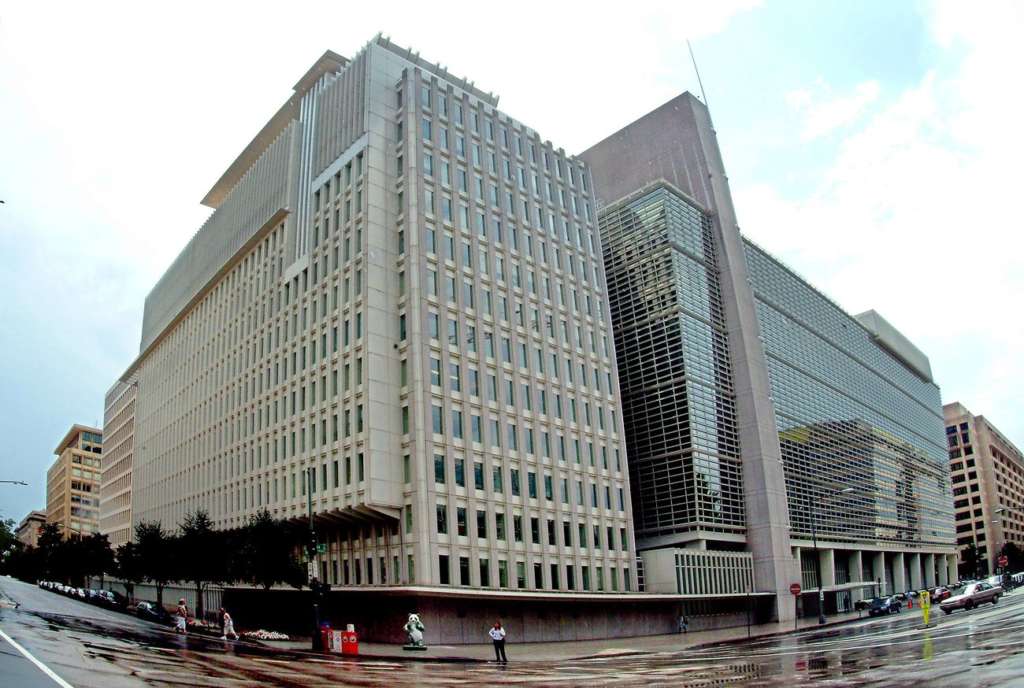Tunis-The World Bank has approved $18 million (around 37 million Tunisian dinars) for the Tunisian Authorities to complete an environmentally safe wastewater disposal system considered critical for the protection of sensitive marine ecosystems off the coast of Tunisia in line with global standards.
The World Bank pointed that additional financing will allocate the biggest share to complete the Northern Tunis Wastewater project, whose total cost is estimated at $60.6 million (133.8 MD) and which is expected to be inaugurated in 2019.
The new fund will also contribute to the reuse of wastewater for agriculture, by replacing fresh water in the irrigation perimeter of Borj Touil, which is mainly used in the production of some industrial plantations like cotton.
According to a World Bank statement, the new financing, part of the Northern Tunis Wastewater Project, is for the construction of a 6km submarine outfall, an underwater pipeline that will transport treated wastewater away from the shore aiming at eliminating a marine pollution from those beaches.
On another hand, the “BNA : Banque Nationale Agricole en Tunisie”, one of the banks which has been restructured under the pressure of the World Bank, has succeeded in making net profits of $11 million (around 21.85 million Tunisian Dinar) during H1 of 2016. These figures show that one of the three criticized state-run banks has achieved positive results, pending announcements of the two other banks – the Housing Bank that funds real estate projects in Tunisia, and the Tunisian Company of Bank which attracts employees.
Saad bou Mekhla, an expert in finance and economy, said that the Banque Agricole’s success in making financial profits may encourage other public banks on adopting better plans to manage their financial and human resources issues and to improve the bad image of the country’s difficult economic situation.
He added that the two other mentioned banks suffer from harder and more complicated problems, and their success may encourage international funding entities on looking at the Tunisian banking system from a better perspective.
